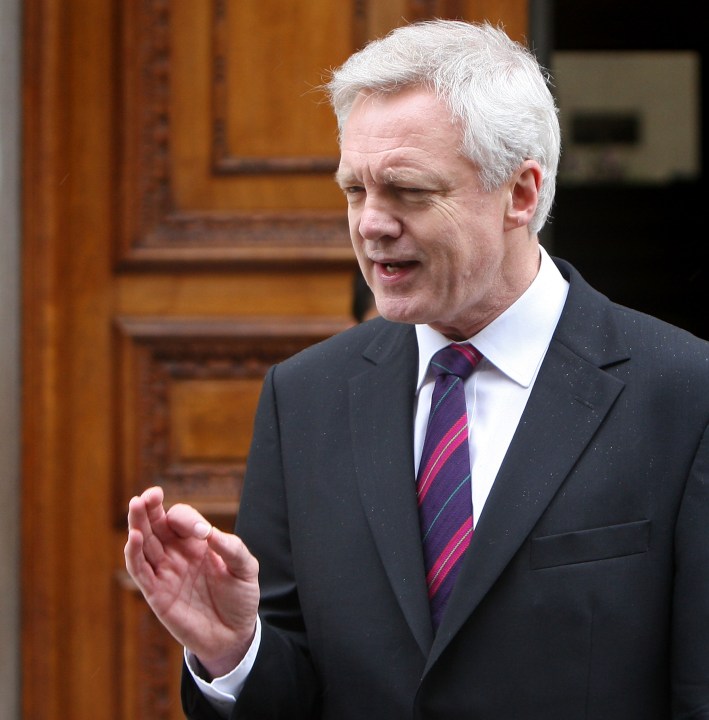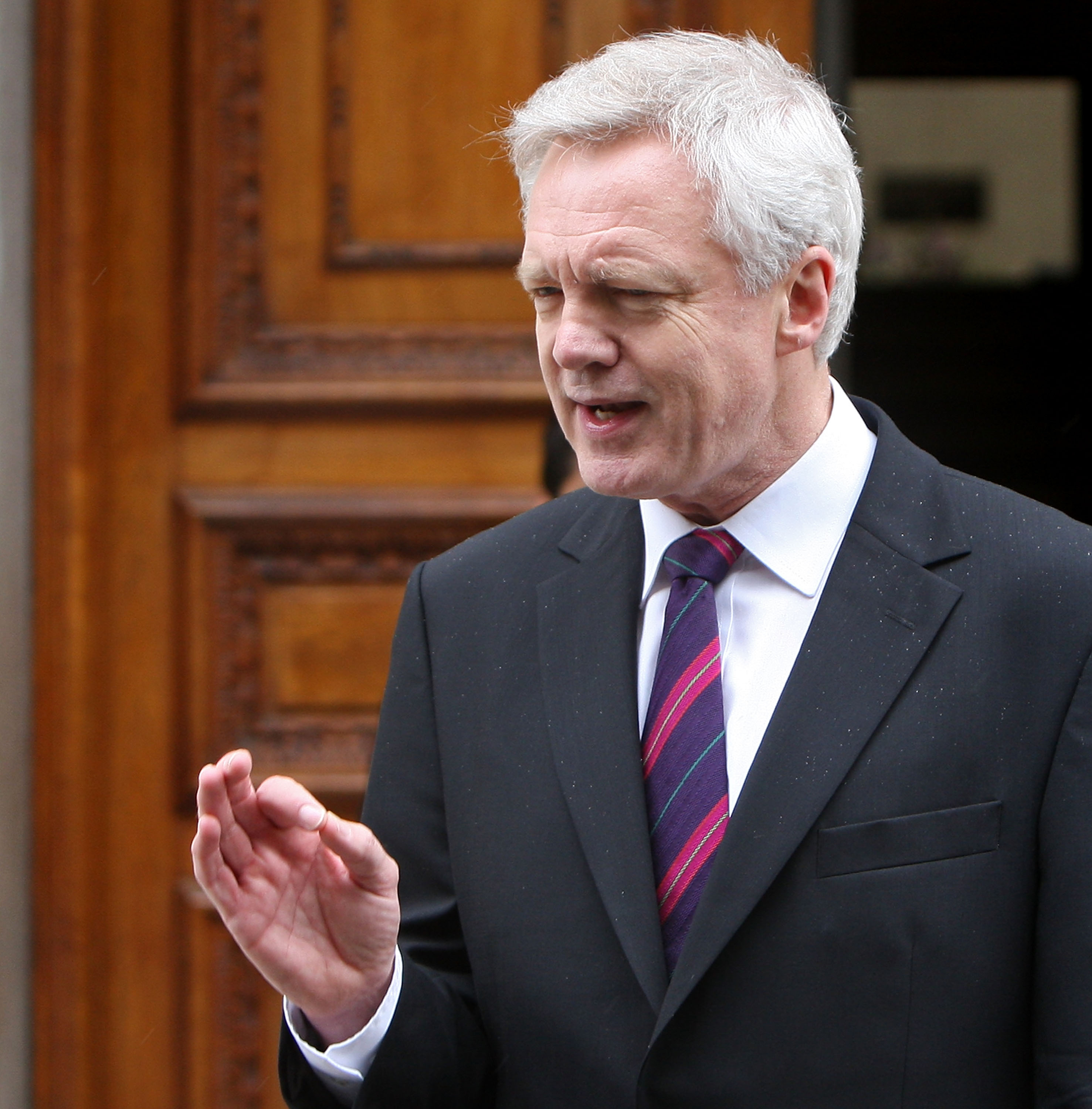 A few months ago, I was told that David Davis had confessed at a dinner party that he didn’t believe the next Cameron government would be very Tory, and didn’t see the point in staying. I put this to both Mr Davis and a few of his friends. All laughed it off. Mr Davis said he was perhaps a little bored waiting for the 42 days vote, but not unhappy. (This, by the way, is typical of the way he’s played down any split with Cameron at every opportunity in private as well as public). One of his friends told me that it wasn’t so. “I’m not just saying this, I know David and would know if he genuinely felt that way,” I was told. So I put it down to the kind of maudlin thoughts that can often come after a long dinner which stretches too far into the wee small hours.
A few months ago, I was told that David Davis had confessed at a dinner party that he didn’t believe the next Cameron government would be very Tory, and didn’t see the point in staying. I put this to both Mr Davis and a few of his friends. All laughed it off. Mr Davis said he was perhaps a little bored waiting for the 42 days vote, but not unhappy. (This, by the way, is typical of the way he’s played down any split with Cameron at every opportunity in private as well as public). One of his friends told me that it wasn’t so. “I’m not just saying this, I know David and would know if he genuinely felt that way,” I was told. So I put it down to the kind of maudlin thoughts that can often come after a long dinner which stretches too far into the wee small hours.
If nothing else, Mr Davis has shown how aged 59 you can still utterly surprise your friends. His comments at that dinner party make a lot more sense now, and I use them to nose off my political column in today’s magazine – I’ve also written a Web-Exclusive, 1,800-word version, which you can access here. To my mind, it’s significant. It fits the trend of people slowly leaving Mr Cameron that I outlined in my political column last week, and the sense that there is no palpable Tory mission worth fighting for. This is not Scheming Davis, it’s not mutiny. It is just disillusion, and the feeling that Cameron is not doing much else more than waiting for Brown to screw up. So one may as well go fight a lone mission on civil libertries (Davis), go Surfing USA (Steve Hilton), work for charity (Danny Kruger) or for a lobby company (Oliver Dowden), or do journalism (George Brides, Chris Cook). Tory talent is drifting away from the Tory party.
Any normal company losing senior staff at this rate would be really worried. And so, I believe, Cameron should be. “I have to admit, I find it baffling,” one senior Cameroon told me recently. “We’re so close to power, you’d think we’d be hiring, not handing out P45s.” Politics lures good people with a sense of mission. And that’s what, in my view, is missing from this incredibly successful Conservative Party. My expectations of Cameron are driven by my high opinion of him: I believe he can be a transformative Prime Minister in the mould of Thatcher. He may well have the type of majority that allows him to be so. But what, precisely, would he do in power? As a businessman put to me recently: “I don’t know of any company whose success strategy was waiting for its rival to screw up”.
I am a fan of David Davis, and didn’t join the lynch mob last week. But I am also in the minority. He’s lost the respect of a lot of backbench Tories who can’t see the strategy. They think: c’est magnifique, mais ce n’est pas la guerre. But it could still be a war strategy, for four reasons:
1. On 42 days. Davis believes his resignation will make it far more likely that 42 days will not be forced through, as his stunt has raised awareness and made Brown less likely to use the Parliament Act.
2. Steering policy. From the backbenches, Davis must carefully position himself not to look like an embittered enemy but a constructive friend. We all know he’s a low-tax Tory, he told us in his leadership campaign. And perhaps he’ll finish his social mobility report, suggesting answers that he would have been unable to give from the front bench: more grammar schools and less tax for the poor.
3. Taking a rest. He’s been flat out for several years now. He hopes for Rumsfeld-style longevity. And time on the backbenches – stepping back from the day-to-day battle – can refresh one’s perspective.
4. Coming back in the new government. Much of Thatcher’s movers and shakers were not in the Shadow Cabinet which (as Keith Joseph said) was “very much a second eleven”. Not without reason does Davis believe he’ll be called upon sooner or later.
But his biggest problem is that Cameron thinks he’s too risky to hire again. Last thing Cameron wants is Davis doing another one man mission midway through an election campaign. At the moment Team Cameron seem to be thinking: “wilderness for you, boyo. You only die once.” But Churchill didn’t see it that way. “Politics is almost as exciting as war, and quite as dangerous,” he once said. “For in war you can die only once. In politics, many times.” Davis agrees. As Westminster denounces him, he is continuing with good humour.
He thinks he has another life – and another death – left in him yet.








Comments